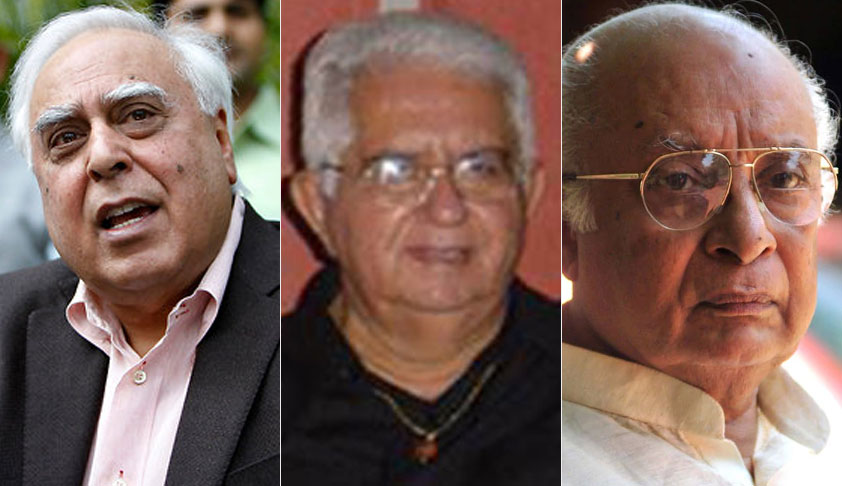An ‘Unbelievable’ Chapter in SC’s History Came In For Critical Review In TN Disqualification Case
LIVELAW NEWS NETWORK
15 Dec 2018 10:57 AM IST

Next Story
15 Dec 2018 10:57 AM IST
On October 9, 1998, the then Chief Justice of India, M.M.Punchhi, authored a judgment in the case of Mayawati v Markandeya Chand and Others. It was his last day in office. The other two on the bench, Justices K.T.Thomas and M.Srinivasan authored separate, and conflicting judgments. Justice Punchhi, rather than agree with either of them, referred the matter to the Constitution Bench. ...
